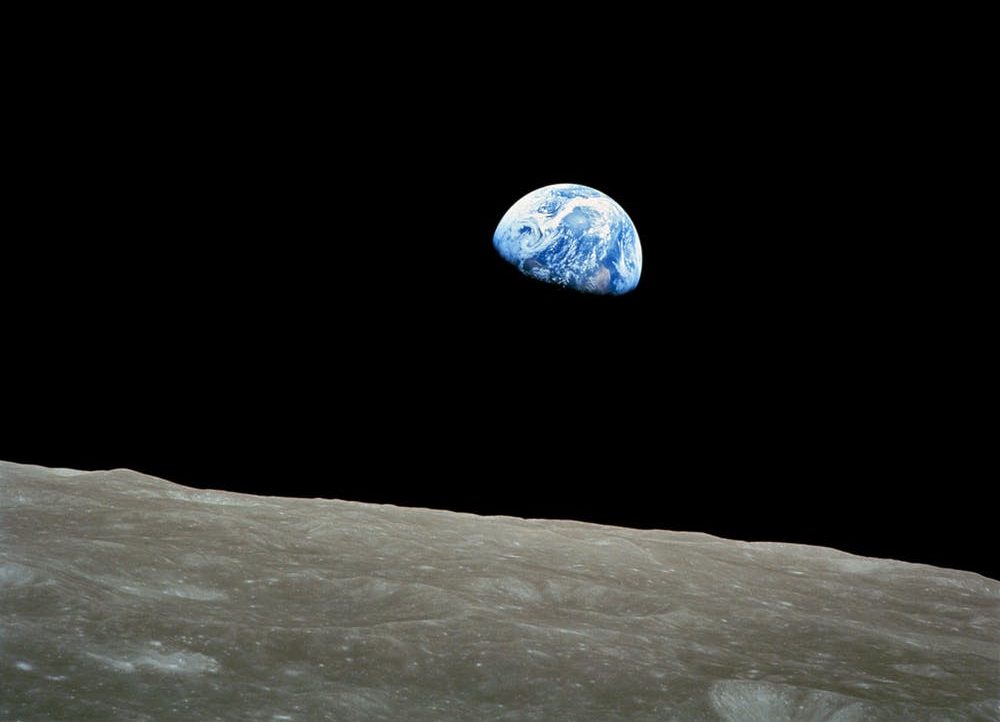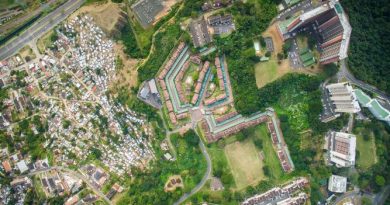Three Questions Climate Change Activists Avoid
Irrespective of the scale or time left for us to change behaviour and avoid going beyond a tipping point as far as the environment goes, many tough questions remain unresolved. It is critical for the sake of the climate movement to be a part of the solution for these questions, or risk being reluctantly ignored by a large swathe of humanity that will actually be affected
 A $300 billion Makeover? No way!
A $300 billion Makeover? No way!
If there is anything we have learnt in this age of permanent media coverage, it is that almost all our heroes have feet of clay. Perhaps, that is as it should be. Expecting anyone to be perfect, when virtually every belief, viewpoint or behaviour can be grounds for an ‘either or’ threat is simply unfair.
That explain the incessant what-a-boutery that qualifies for refuting allegations of misconduct and more from people who we hold to such impossible standards. The case of Greta Thunberg, is a classic one. The girl from Sweden , at the age of 16, has probably done more to raise awareness of, and exploration of ways to contribute to the fight against climate change, than anyone else in this decade. It is not her fault if she is white, comes from a ‘privileged’ country, or even lives with a health disorder. It is what she has done despite all of that. But, as we have pointed out earlier, even Greta will realise the limitations of a manifesto of ‘no’, when it ups against a mass of people who have yet to experience any of the joys of the energy, food, and many other benefits she has never had to think about .
So what will the answer be for the billion plus people worldwide whose per capita carbon footprint is less than 0.5 tonnes per annum? As compared to the 6 tonnes plus in most of the developed world. Can these people be asked to forego any future improvement on their wretched existence , and wretched is exactly what it needs to be called out as, and not some romantic notion of being close to nature. Why wouldn’t advances in nuclear energy be used to provide these people the semblance of a better life without massive impact on the climate ?
A long, multi decade bear market has been inflicted on the food commodities markets, more particularly the food commodities produced by the developing world. This has kept vast swathes of the po0r down in Asia, and even dragged many back to poverty in Africa. What is the world’s answer to this exploitation? Hasn’t the developed world benefited the most from these era of ‘plenty’, further increasing their demand on the earth’s resources? What about the massive healthcare challenge for the developing world, where over 4 billion people worldwide have no access to the kind of healthcare the developed world takes for granted?
On Infrastructure, South Asia, and most of Africa, is at least 25 years behind Europe, when it comes to basic access by roads, infra for water supply, sanitation and much more. Building all this is essential, and will yet, take a heavy toll of resources, both financial and in terms of their carbon footprint. Is there a solution here?
For all the above, solutions actually exist , in terms of technology, or financing . The question is, most of them are in the developed world, and for some strange reason, never even make it to the talking points, when we talk of saving the world. That might leave the majority of the world to do the next best thing. Pray that the worst case scenario doesn’t play out and continue on the path they can afford to, in the meantime.




